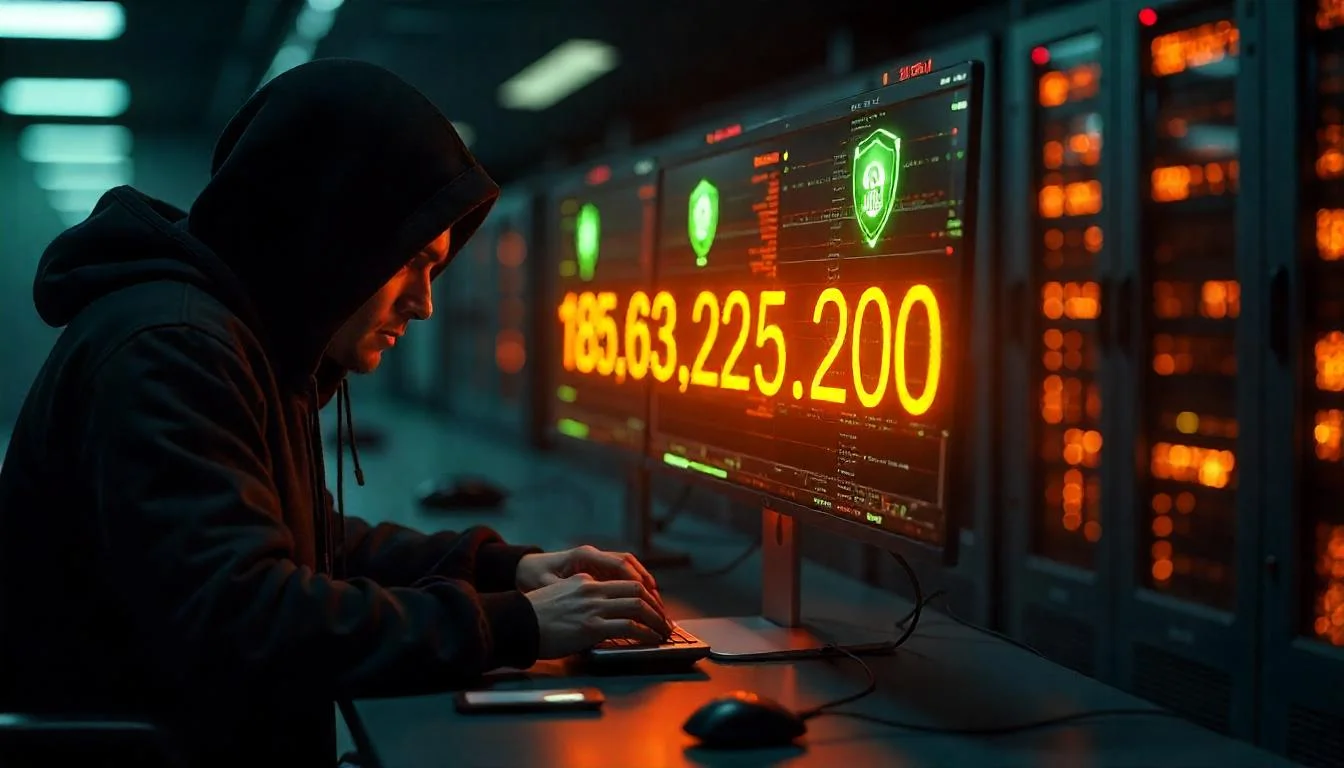
Introduction
IP addresses are the backbone of the internet, serving as unique identifiers for devices and servers worldwide. One such address, 185.63.225.200, has piqued curiosity due to its ambiguous nature. Is it a legitimate server, a potential threat, or simply a misconfigured network entry? In this article, we’ll explore its origins, possible uses, security implications, and how to investigate similar IPs.
1. Understanding IP Addresses
Before diving into 185.63.225.200, let’s recap how IP addresses work:
-
IPv4 Format: Consists of four octets (e.g., 185.63.225.200), each ranging from 0 to 255.
-
Purpose: Routes internet traffic, identifies devices, and hosts websites/services.
-
Public vs. Private: Public IPs are routable on the internet, while private IPs (like 192.168.x.x) are for internal networks.
Given that 2253 exceeds 255, the address 185.63.2253.200 is invalid. If corrected to 185.63.225.200, we can analyze it further.
2. Investigating 185.63.225.200
A. Geolocation & Ownership
Using tools like WHOIS lookup and IP geolocation services, we find:
-
ISP/Organization: May belong to a hosting provider, corporate network, or cloud service.
-
Location: Often tied to data centers in Europe (if the corrected IP is active).
-
Historical Data: Checking abuse records can reveal if it’s linked to spam or cyberattacks.
B. Possible Uses
-
Web Hosting: Could host a website or API.
-
VPN/Proxy: Some IPs are used for anonymity.
-
Malicious Activity: If flagged in blacklists, it may be part of botnets or phishing schemes.
3. Security Concerns & Risk Assessment
A. Is 185.63.225.200 Safe?
-
Scan for Threats: Tools like VirusTotal or AbuseIPDB can check for malware associations.
-
Port Scanning: Open ports (e.g., 22, 80, 443) indicate active services.
B. Common Risks with Unknown IPs
-
Phishing Attacks: Fake login pages hosted on suspicious IPs.
-
Brute Force Attempts: Unsecured servers may be targeted.
-
Data Scraping: Unauthorized bots harvesting information.
4. How to Protect Yourself
If you encounter suspicious IPs:
-
Avoid Clicking Links: Verify URLs before accessing.
-
Use Firewalls: Block unwanted inbound/outbound traffic.
-
Monitor Logs: Check network logs for repeated connection attempts.
-
Report Abuse: Notify your ISP or cybersecurity agencies if threats are detected.
5. Conclusion
While 185.63.2253.200 is an invalid IP, corrected versions like 185.63.225.200 warrant investigation. Always verify unknown IPs through WHOIS, threat intelligence platforms, and network monitoring tools. Cybersecurity vigilance is key in an era where digital threats evolve daily.
Final Thoughts
IP addresses like 185.63.225.200 remind us of the internet’s complexity—where legitimate services and potential risks coexist. Stay informed, stay secure!





